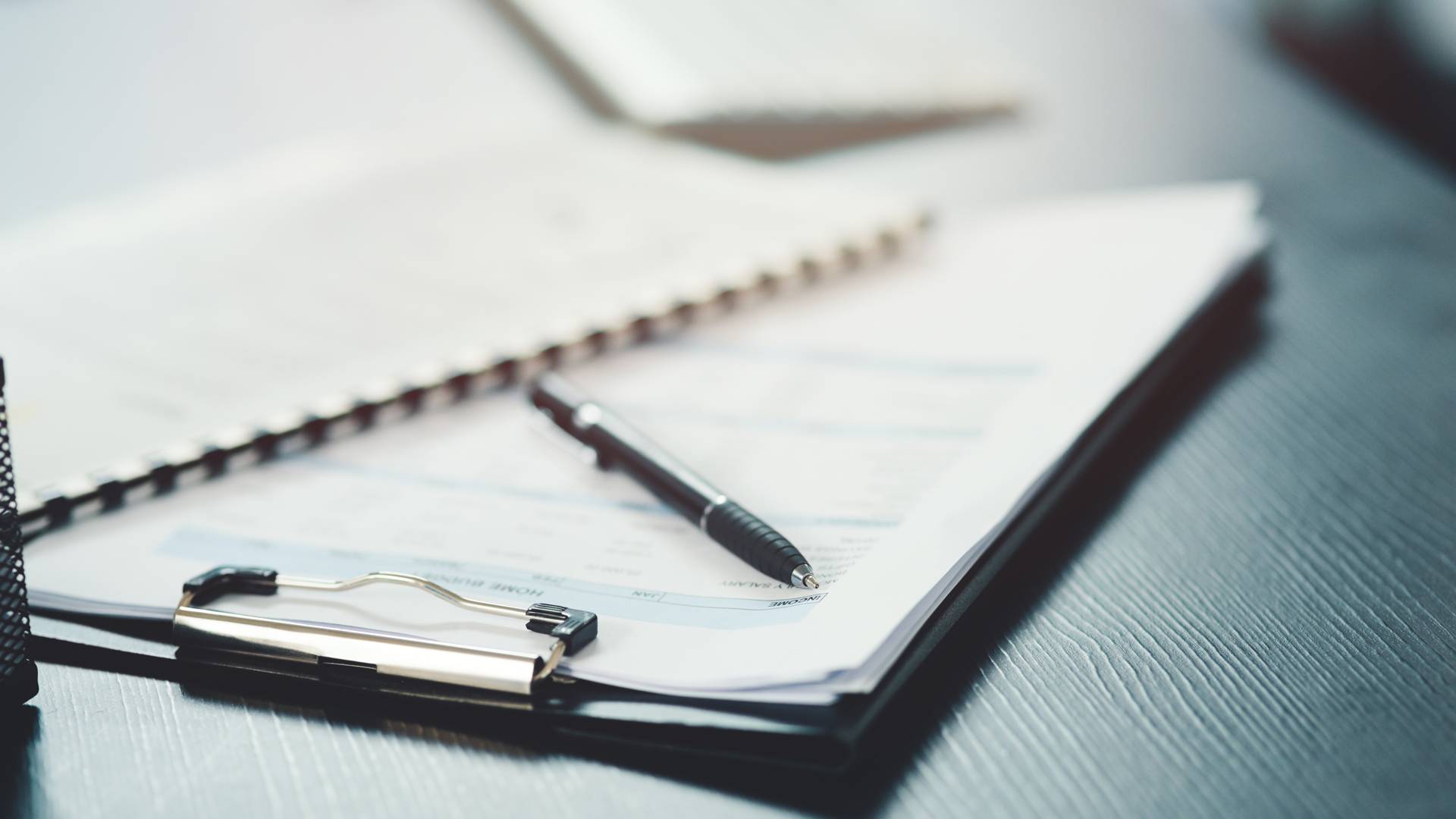There are three many credit reporting agencies: Equifax, TransUnion, and Experian. If you have a long-term debt with a creditor that remains unpaid, that creditor will likely report it to at least one of these reporting agencies. If someone should request your credit reports, it will show:
- Who is currently collecting the debt, including the address and, many times, a phone number,
- The account number (usually, some of the numbers are masked to protect against anyone else using it),
- The balance owed,
- The date the account was opened,
- The highest balance that ever existed on that account,
- Whether you have any co-debtors on that account,
- An indication of whether it’s an installment account, credit card, medical bill, etc.
- The original creditor, if the debt has been transferred (in many but not all cases)
The problem for most consumers is that many of these debts, especially credit cards, are sold by the original creditors to collection companies. So what you may see on your credit reports is LVNV Funding or Portfolio Recovery, or eCast Settlement, among others. And you’re thinking that you don’t recall owing anything to those people. Well, when the debt began, you didn’t. You might have had a credit card with Capital One or Chase Bank, or PNC, which was never paid off. The collection companies such as Portfolio purchase groups of these “bad debts” for pennies on the dollar, and then they see what they can do to collect on them. There are also credit cards from certain businesses like Best Buy or Sears that are actually owned/serviced by very large credit card companies. And there are still a few standard collection companies that are collecting debts still owned by the original creditors who are their customers.
You certainly don’t want to pay anything on them unless they can prove to you that the underlying debt was really your responsibility. If the current creditors contact you by phone or letter, they should advise you that you do have the right to protest the debt. That would give you the opportunity to request they provide you with documentation as to the original debt. If your only notice of the debt is on your credit report, you should have enough contact information in that report to contact the creditor directly to request that information. They should provide you with the most recent billing statement and possibly copies of the individual purchase receipts so that you can verify that it was your debt.
You can add a letter to your files with each of the reporting agencies to explain that you don’t believe the debt is really yours. The credit agencies then have to provide a copy of your letter to anyone requesting your credit report. You should also be able to actually protest a debt if the creditor cannot prove it is yours and refuses to remove it voluntarily from the credit agency.
If you file a bankruptcy, any such debts will be addressed through the bankruptcy. If you file under Chapter 13, any creditor who wants to be paid through the Plan will have to file a proof of claim, attaching enough documentation to show how and where the debt originated. If that proof isn’t sufficient to establish that it is your debt, we can oppose the proof of claim and have it stricken. Once the bankruptcy is completed, that debt will be null and void. That means that the creditor can’t take any further action to collect on it.
Under Chapter 7, I would again be listing any and all debts in your name so as to give the creditors notice. In the event that the creditors would be getting money from nonexempt assets (see my earlier blog on this topic), they would again have to file proof of claim, and we would have the opportunity to oppose it. If no money is to be disbursed to the creditors (usually the case), that debt is wiped out as well when the bankruptcy is discharged.
I don’t believe that I would ever recommend anyone file bankruptcy just to take care of mysterious debts that appear on credit reports. There would have to be more debts that the client knows they have to deal with, at least in most situations that I can imagine.
For more information on this subject, advise consulting with a bankruptcy attorney. Many attorneys offer free consultations to discuss these listings on your credit report and other matters that can determine if bankruptcy is the best course of action for you.
The important thing is not to ignore what you believe to be errors on your credit report. Remember, anyone, giving you credit or renting you an apartment will likely be asking for a copy before approving you. There are steps you can take to see if it truly is your debt. And then steps you can take to get the debt satisfied and off your credit report if it turns out to be your debt.
If you have more questions about your credit reports or debts and what to know if you should file bankruptcy, contact the experienced team at Horwitz & Horwitz today.

